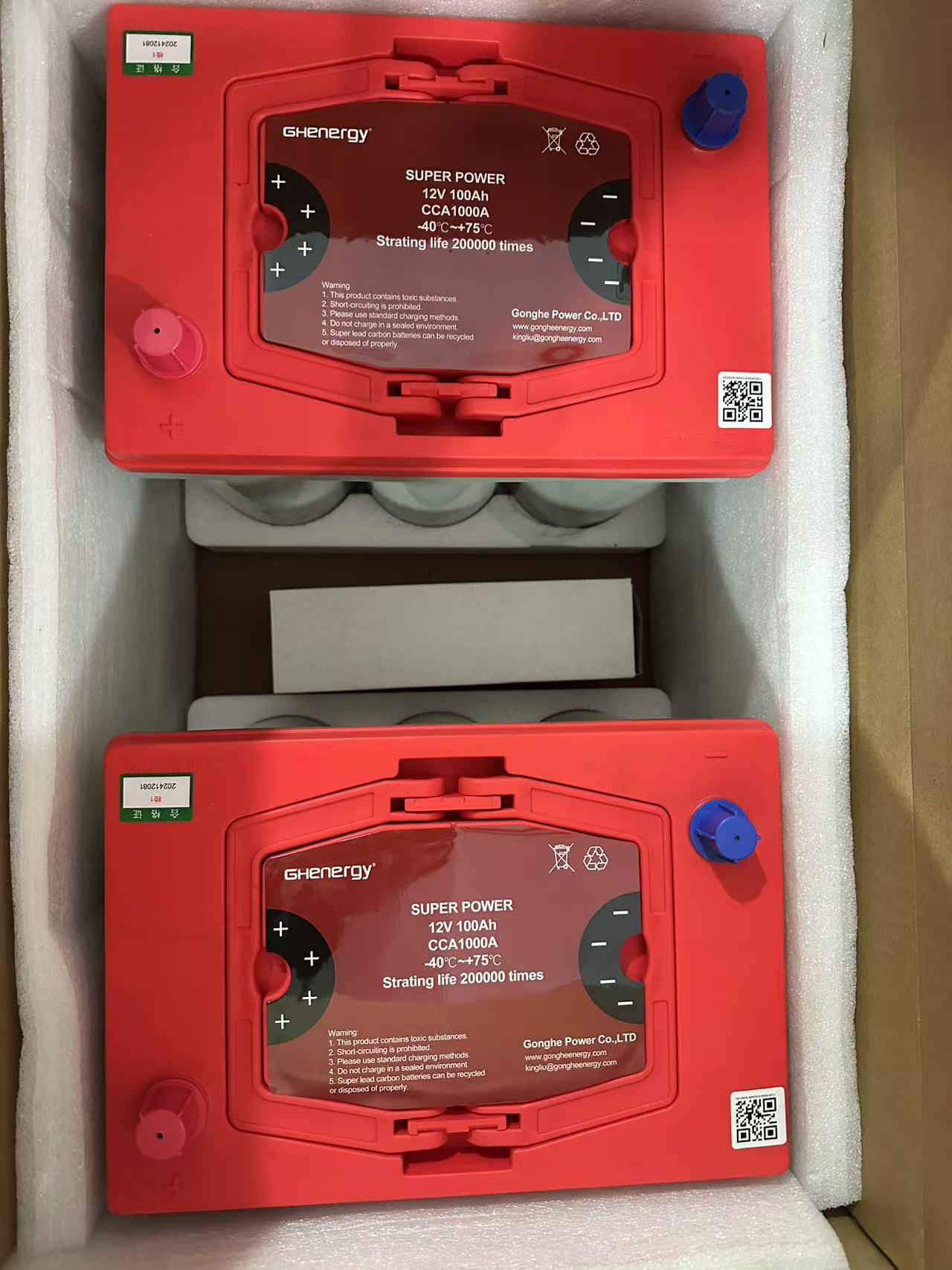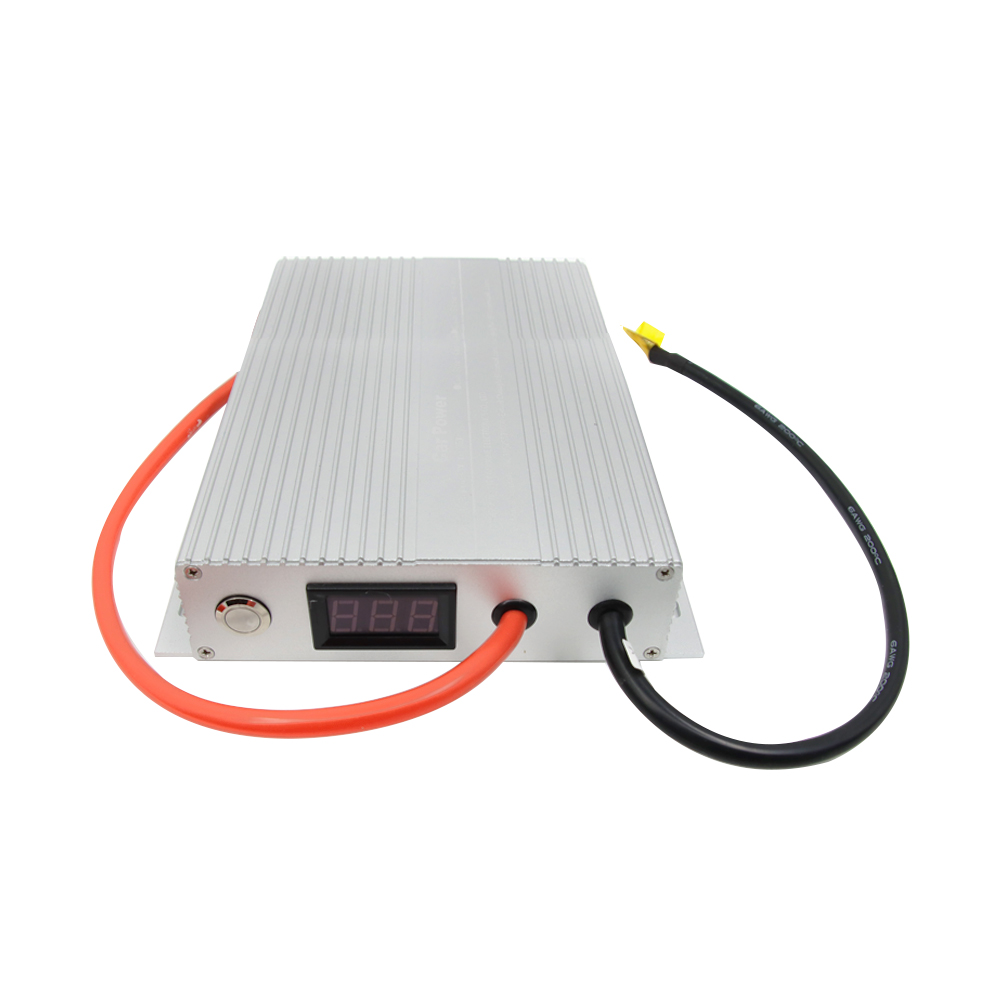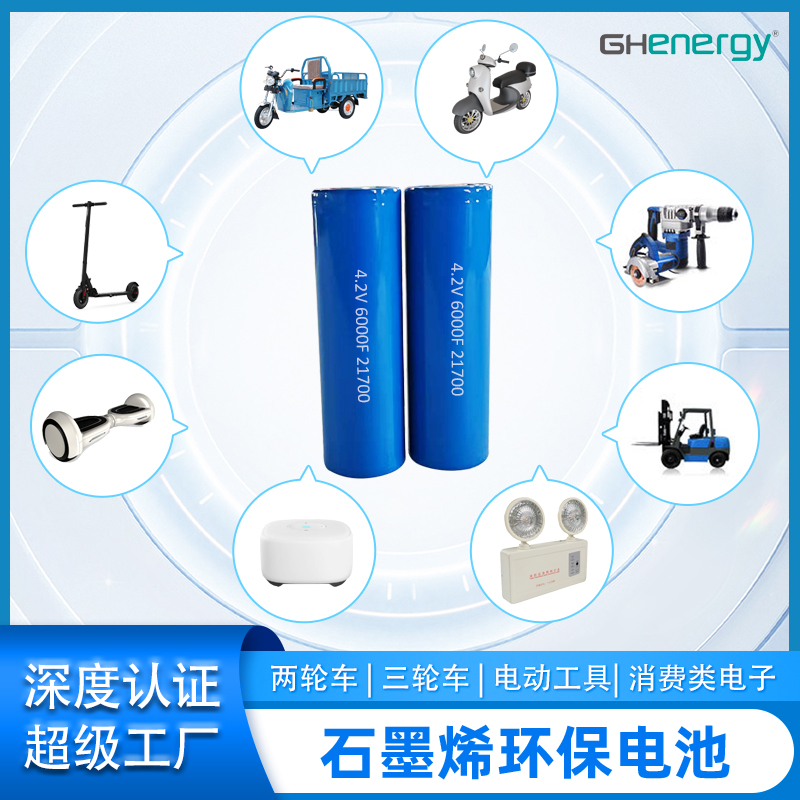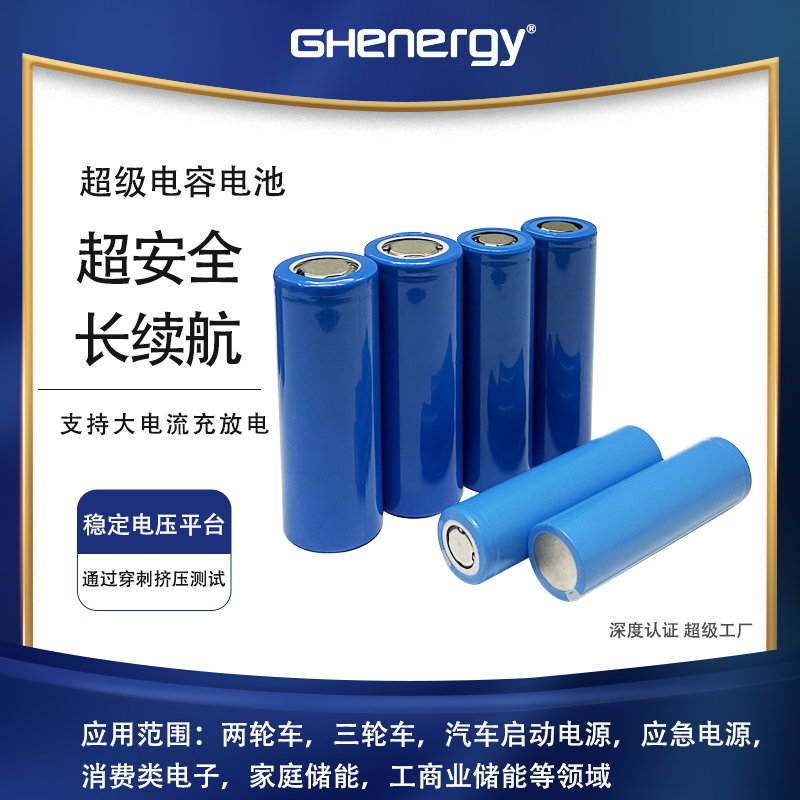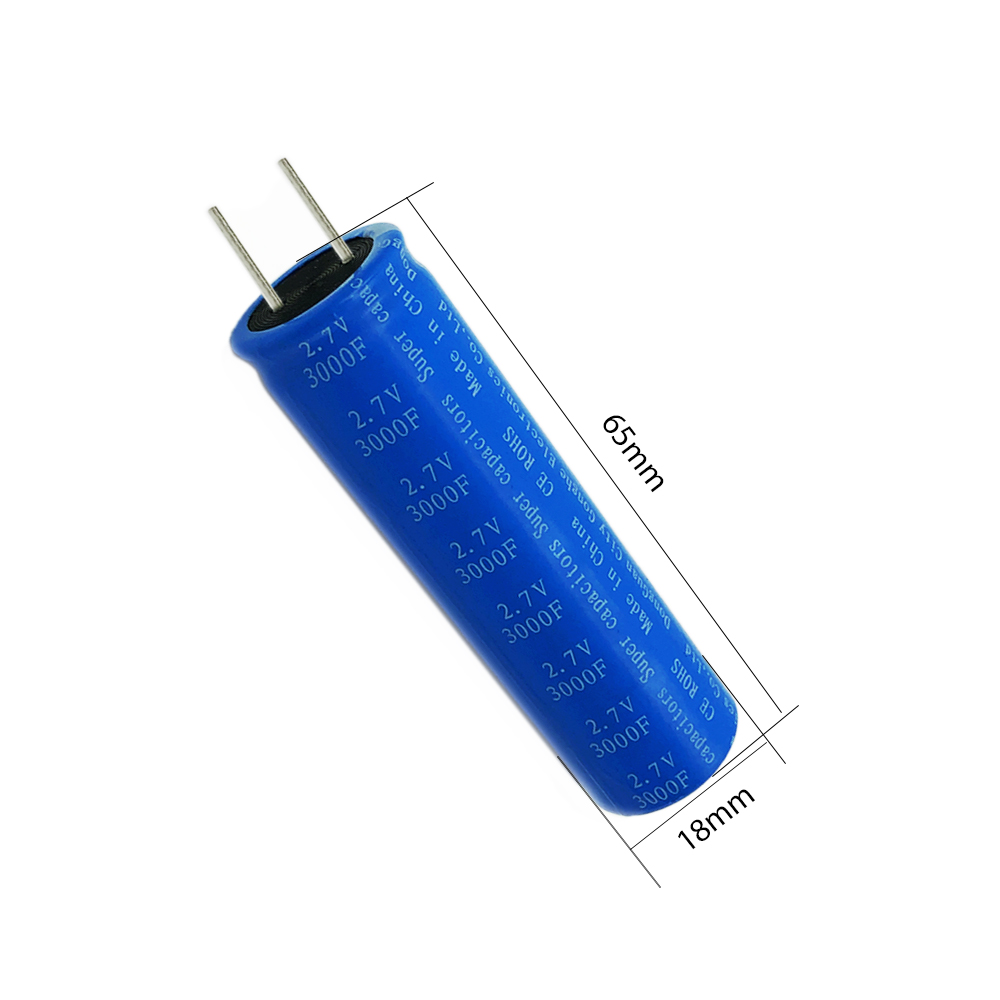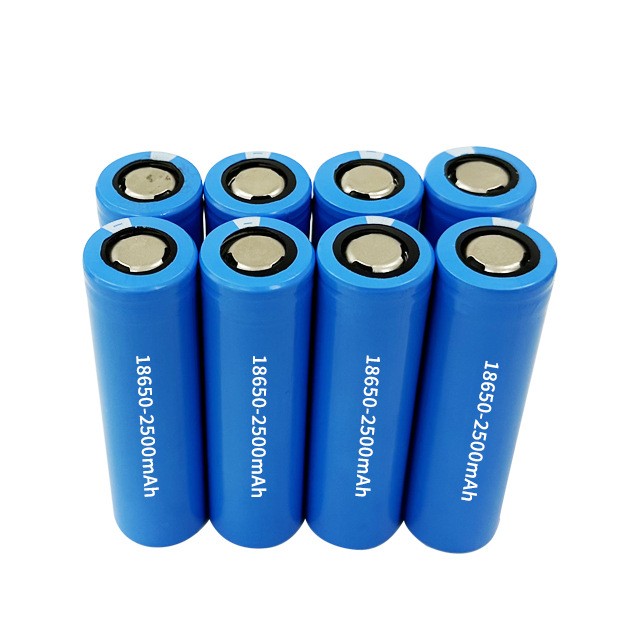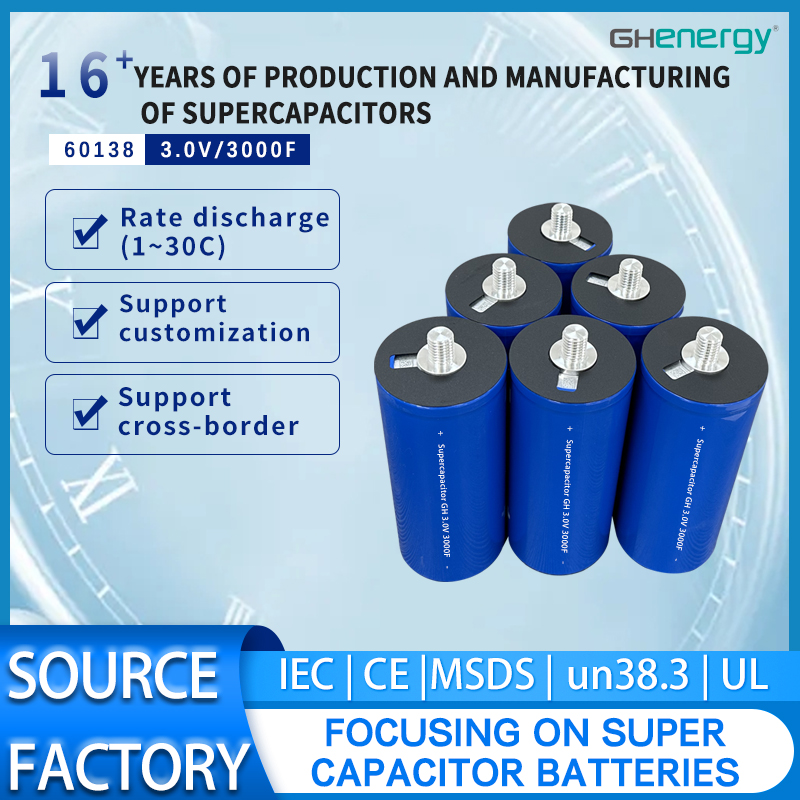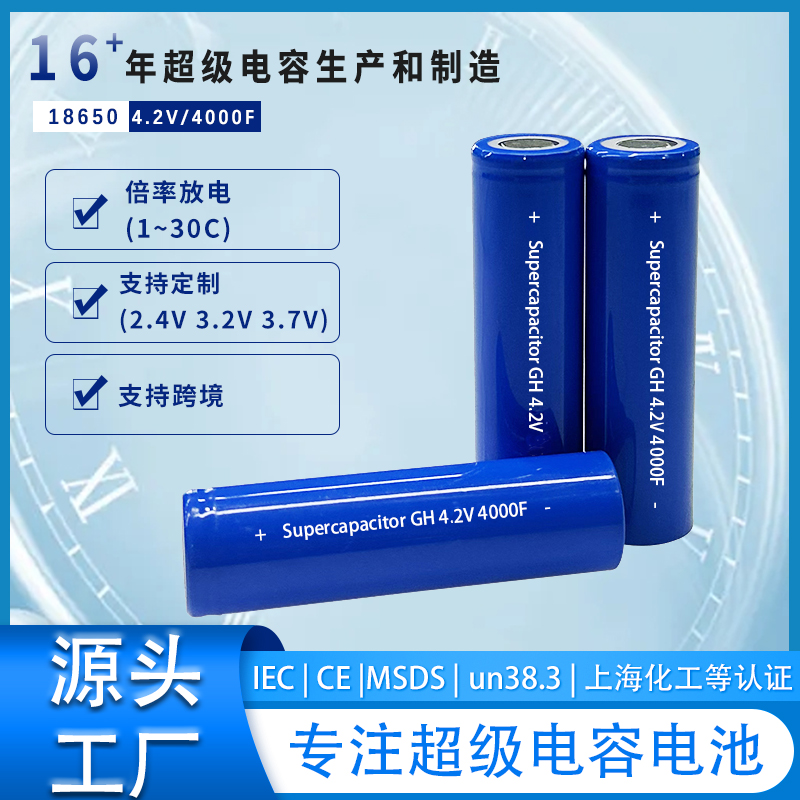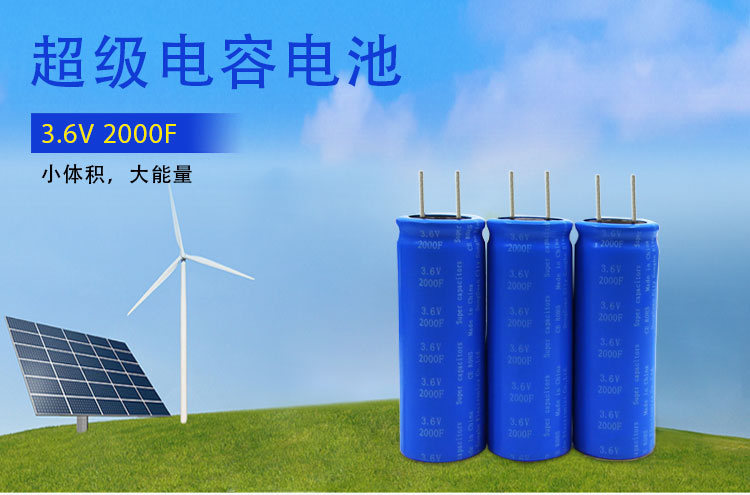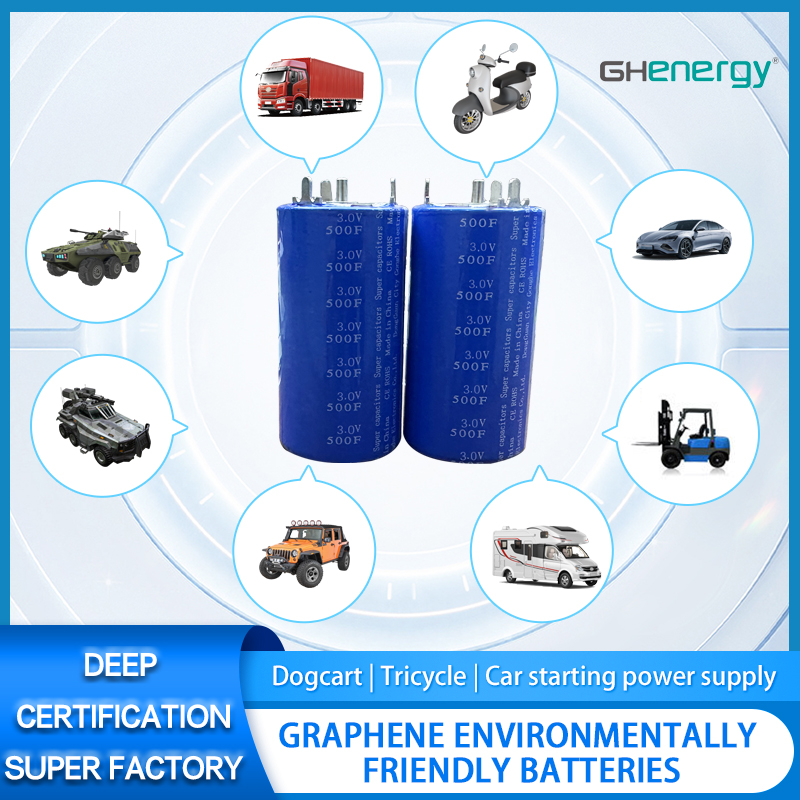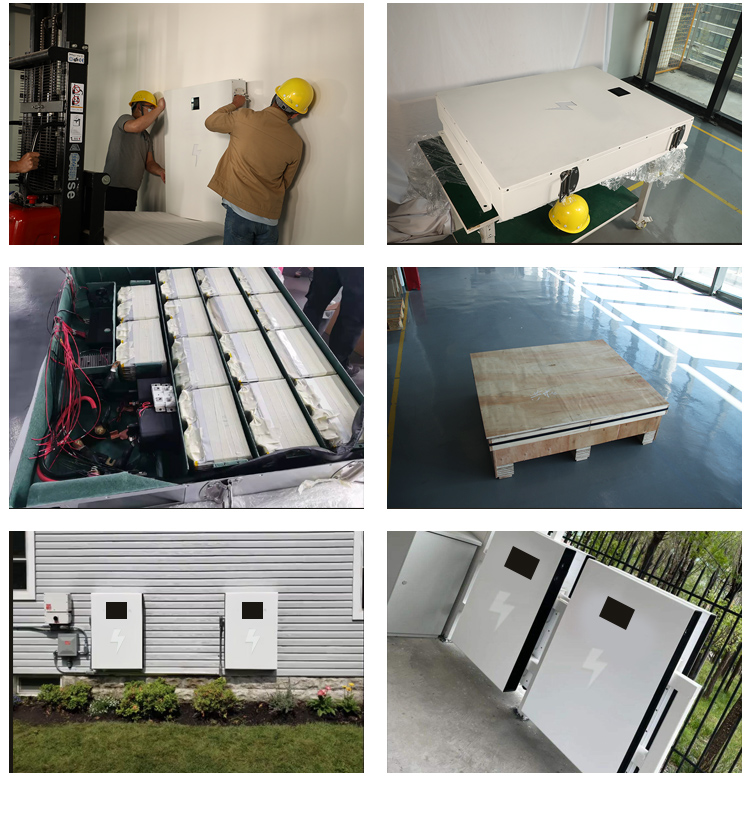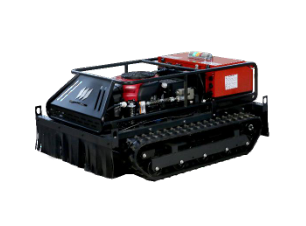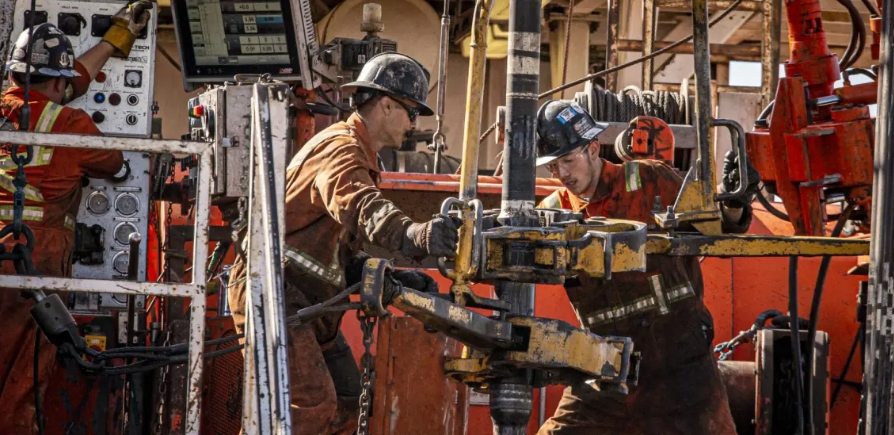 Wedoany.com Report-Feb 13, Saskatoon-based DEEP Earth Energy Corp. has announced a strategic collaboration with SLB, formerly known as Schlumberger Ltd., to develop Canada’s first next-generation geothermal power project. Located near Estevan, Saskatchewan, the project aims to produce emissions-free baseload power, with the first phase generating five megawatts (MW) of electricity by 2026. The project will expand to approximately 30 MW upon completion and could eventually scale up to 180 MW through a staged build-out.
Wedoany.com Report-Feb 13, Saskatoon-based DEEP Earth Energy Corp. has announced a strategic collaboration with SLB, formerly known as Schlumberger Ltd., to develop Canada’s first next-generation geothermal power project. Located near Estevan, Saskatchewan, the project aims to produce emissions-free baseload power, with the first phase generating five megawatts (MW) of electricity by 2026. The project will expand to approximately 30 MW upon completion and could eventually scale up to 180 MW through a staged build-out.
DEEP’s geothermal power plant will tap into underground reservoirs to produce low-emission electricity, leveraging SLB’s expertise in subsurface drilling and engineering. The collaboration will focus on streamlining development, combining advanced subsurface and surface technologies to maximize efficiency and power output. SLB will provide engineering design and well construction services for the initial phase, which includes two production and two injection wells, with plans for up to 18 wells in the second phase.
Kirsten Marcia, DEEP’s President and CEO, emphasized the significance of the partnership, stating: “We are thrilled to welcome SLB as a key partner in this transformative project. By joining forces, we are developing our asset in a streamlined fashion, combining the best of subsurface and surface technologies while maximizing efficiencies, operations, and ultimately, power output.” Marcia hopes the project will serve as a blueprint for future geothermal developments in Canada, contributing to greenhouse gas reduction and enhancing local energy security.
Irlan Amir, SLB’s Vice President of Renewables and Energy Efficiency, highlighted the collaboration’s potential to accelerate geothermal adoption, saying: “This collaboration with DEEP reflects our commitment to broadening the adoption of geothermal by reducing project risk and accelerating the time to first power. The project’s innovative engineering design and integrated asset development model brings together developers, technology providers, and infrastructure partners to open new frontiers for geothermal power generation in Canada and beyond.”
The project also aligns with broader efforts to transition to renewable energy. In 2023, DEEP partnered with Oppy, a Vancouver-based fresh produce company, to build Canada’s “greenest greenhouse” using waste heat from the geothermal operation. Estevan’s strategic location will facilitate efficient distribution across the region.
Geothermal energy has gained momentum globally, with the International Energy Agency projecting capacity to grow from 15 gigawatts (GW) today to 800 GW by 2050, driven by technological advancements and cost reductions. Innovations in drilling and reservoir management, such as horizontal drilling techniques borrowed from the oil and gas industry, are making geothermal energy more accessible and scalable. However, concerns about induced seismicity require careful monitoring and adherence to regulatory standards.
Peter Massie, Director of the Cascade Institute’s Geothermal Energy Office, noted that geothermal technology has evolved significantly, with recent breakthroughs making it a viable option for renewable energy generation worldwide. He emphasized the potential for geothermal to create jobs for workers transitioning from the oil and gas sector, as many skills are transferable.
The DEEP-SLB partnership represents a significant step forward in Canada’s renewable energy landscape, showcasing the potential of geothermal power to provide sustainable, reliable energy while supporting economic and environmental goals.
